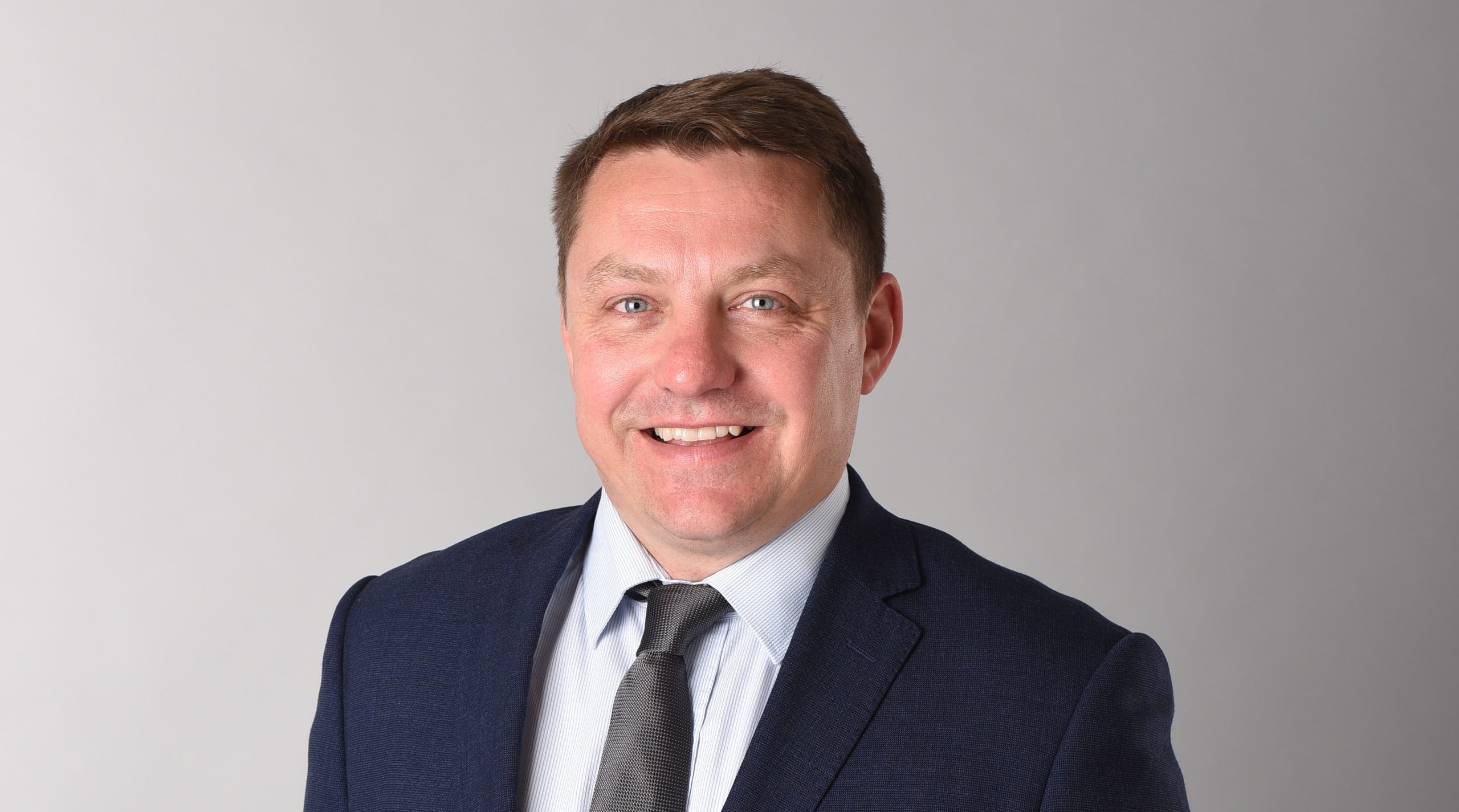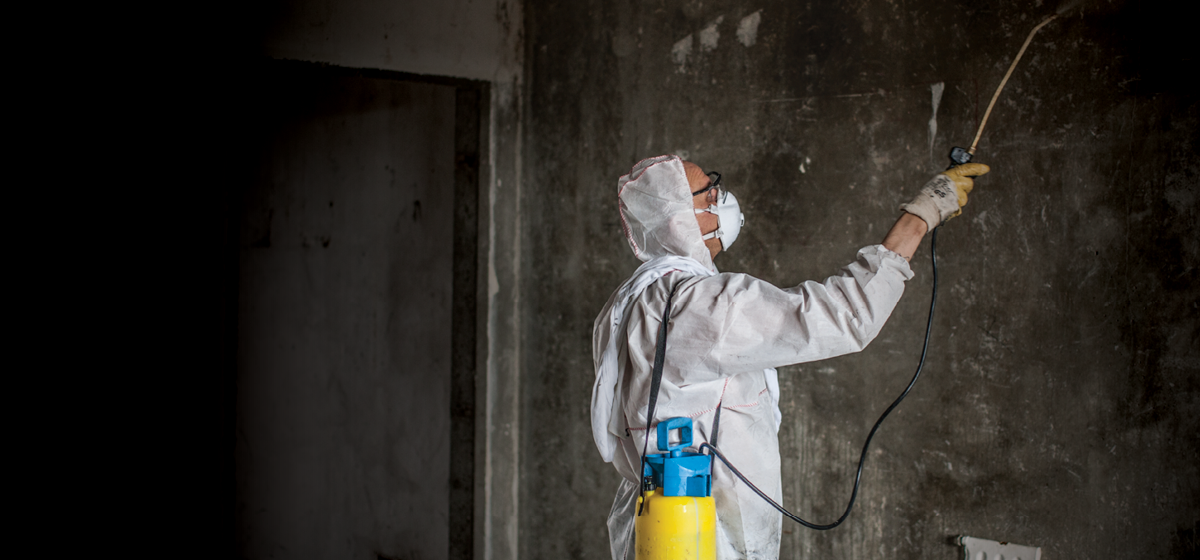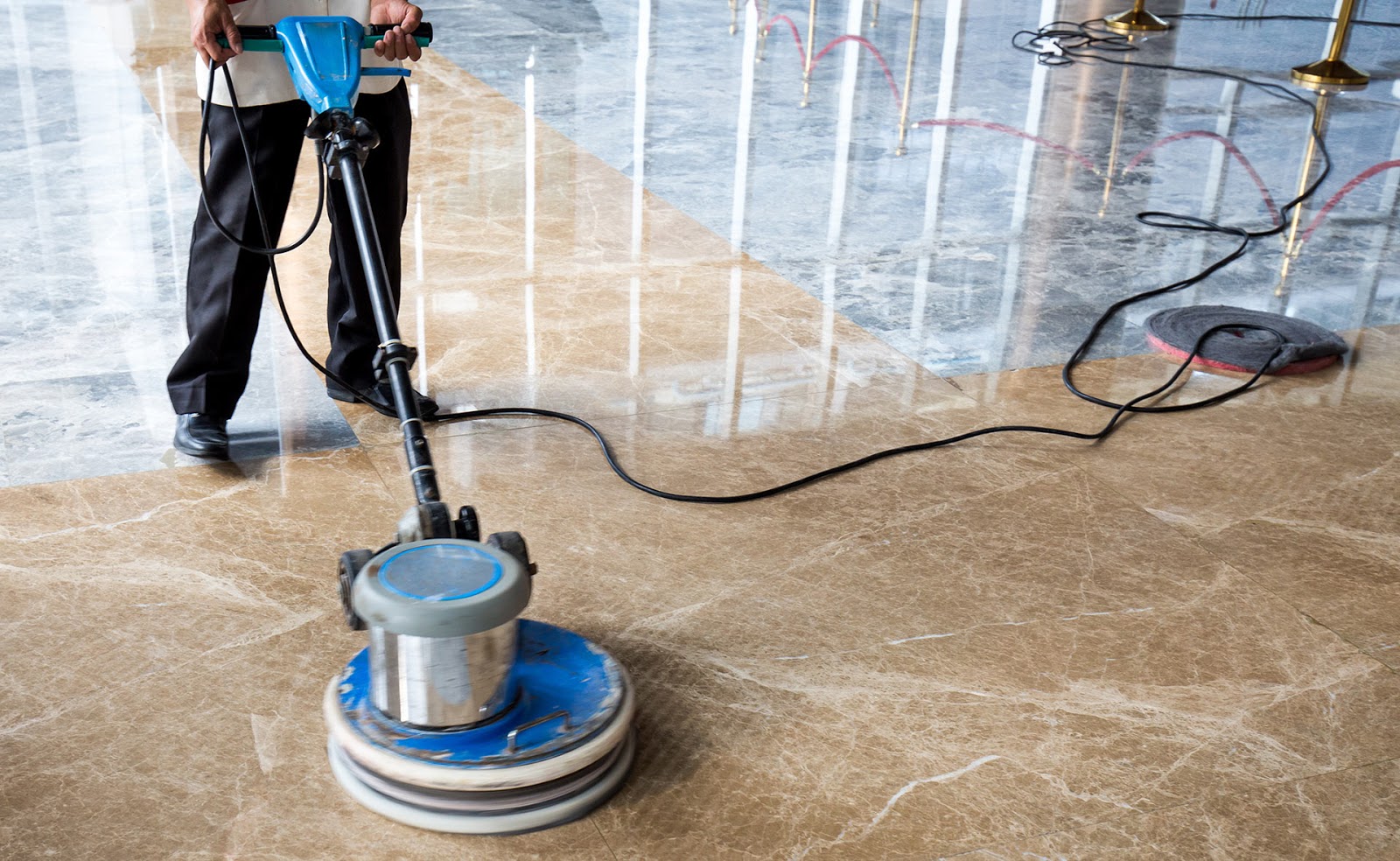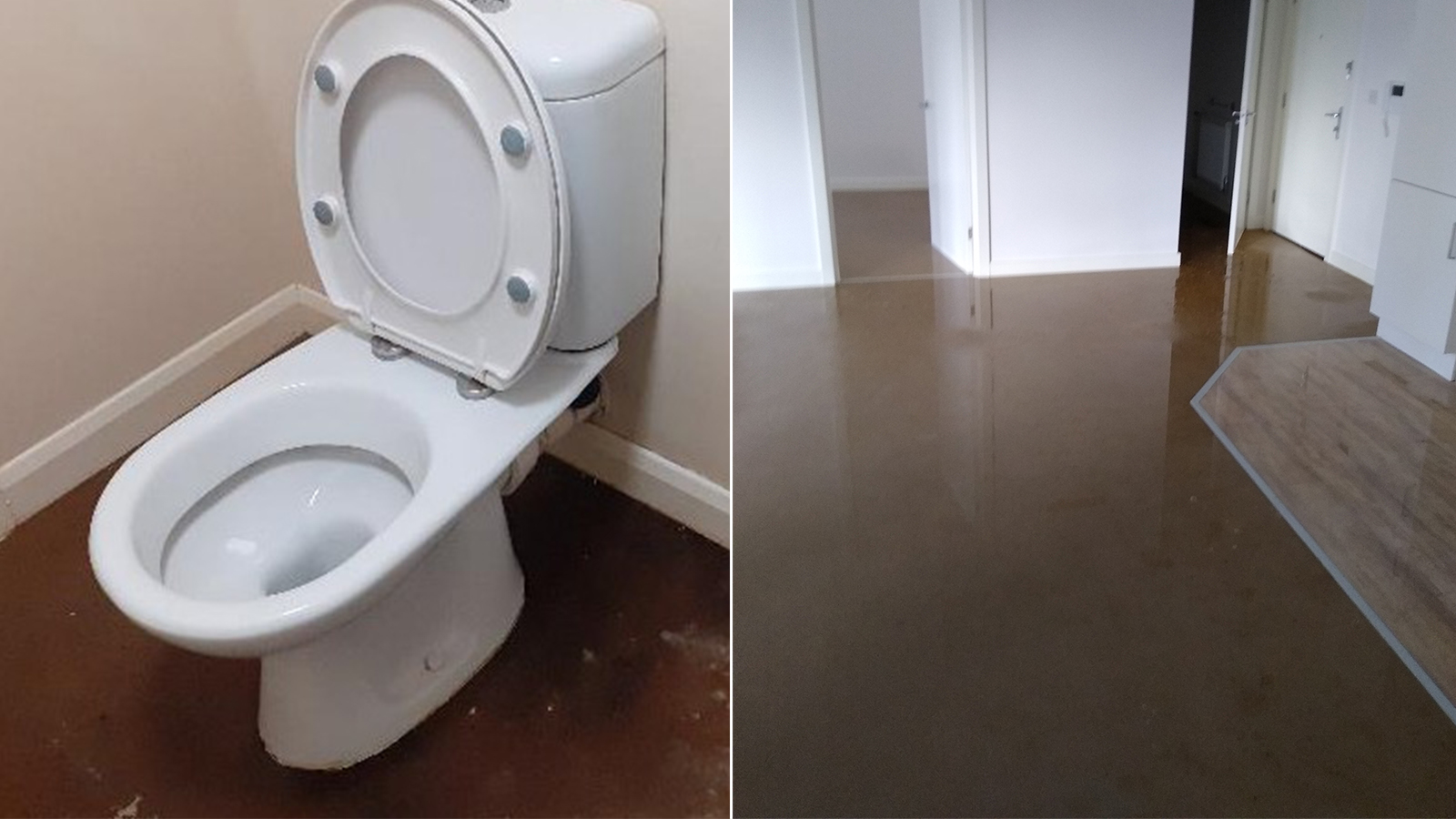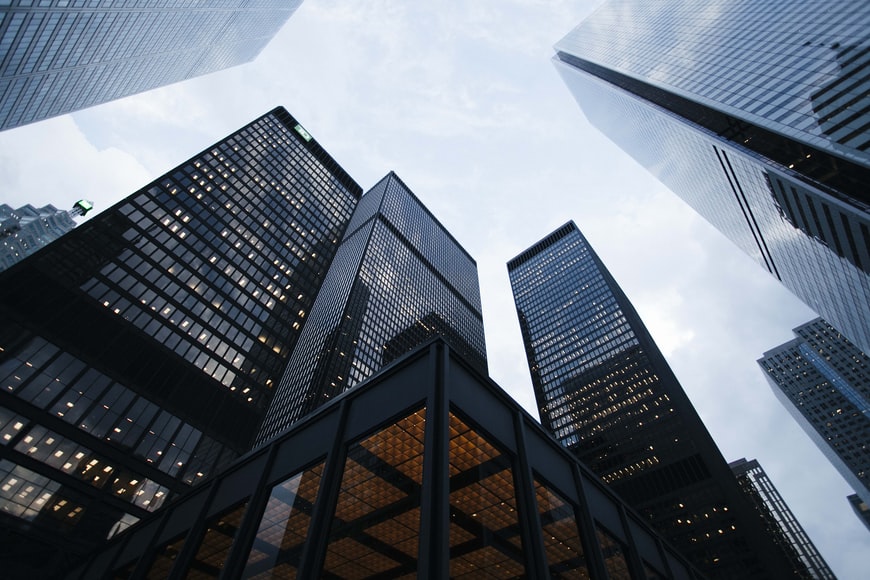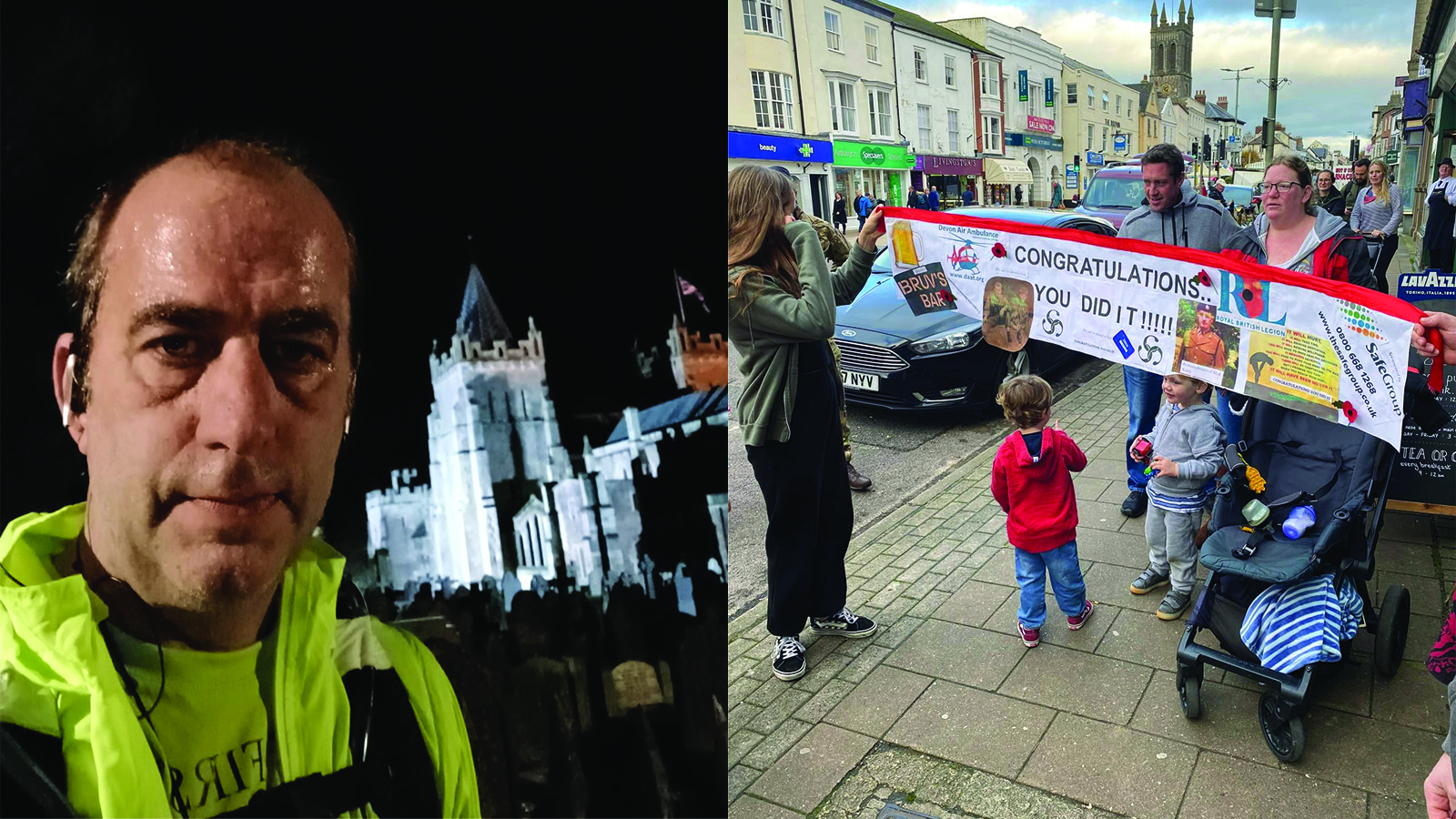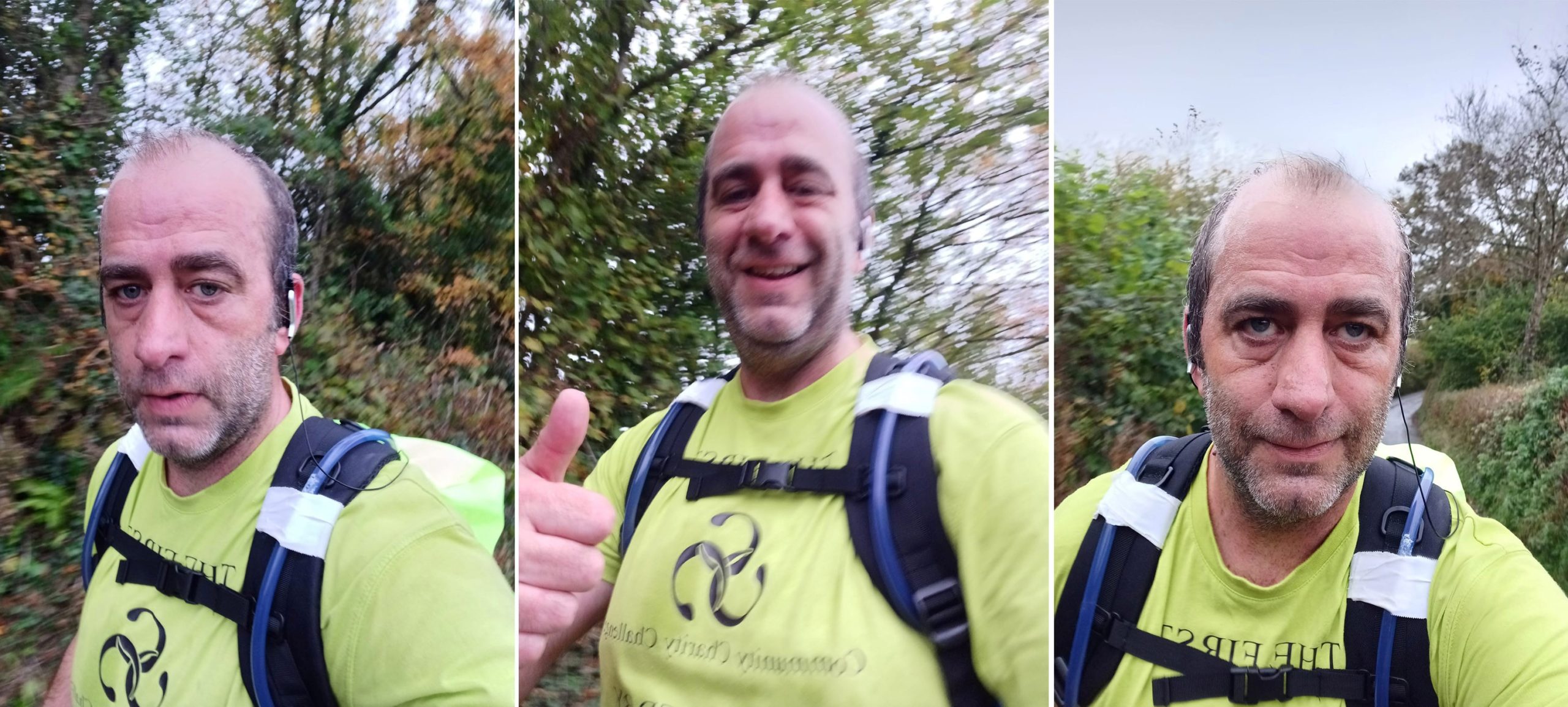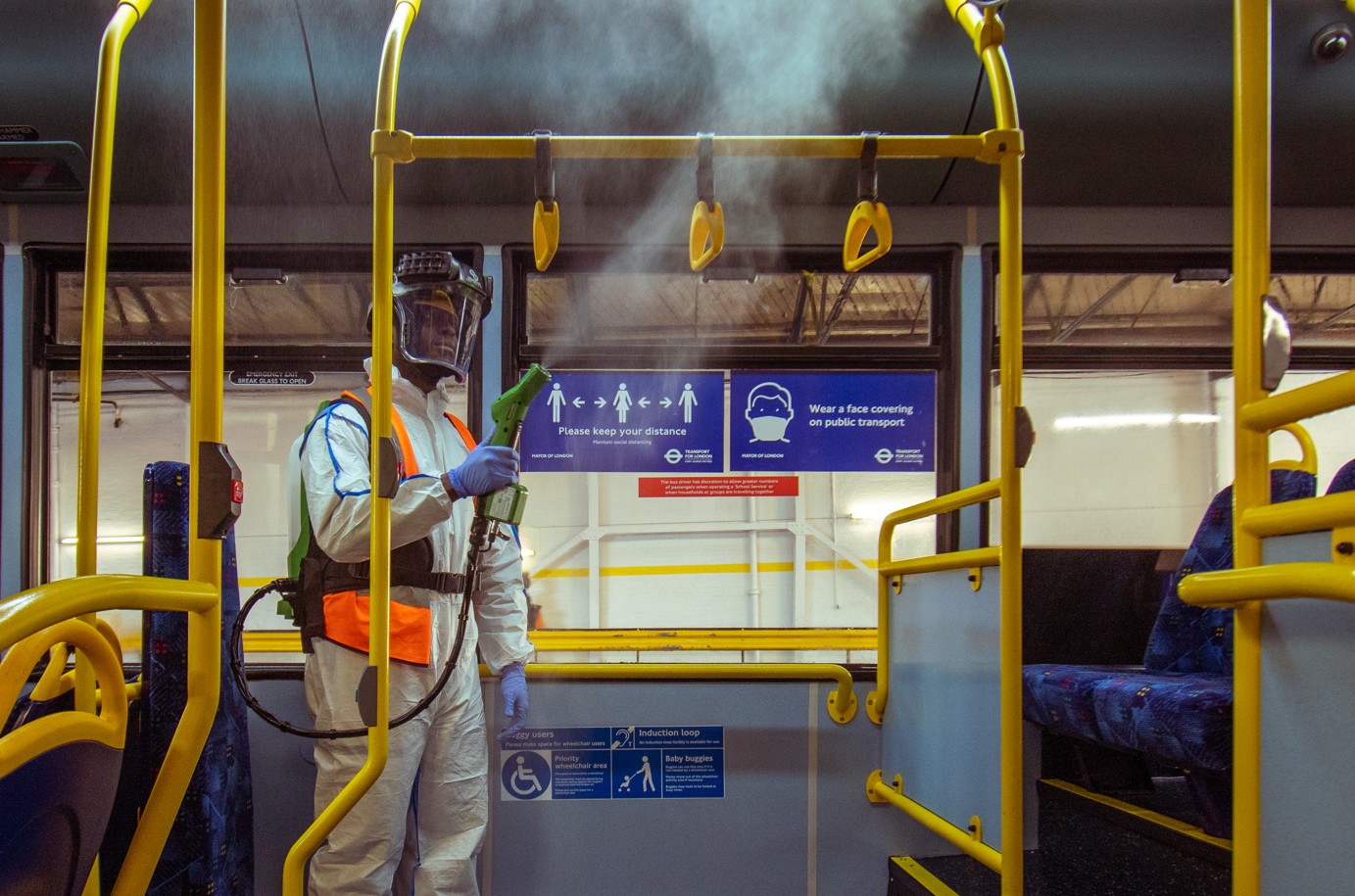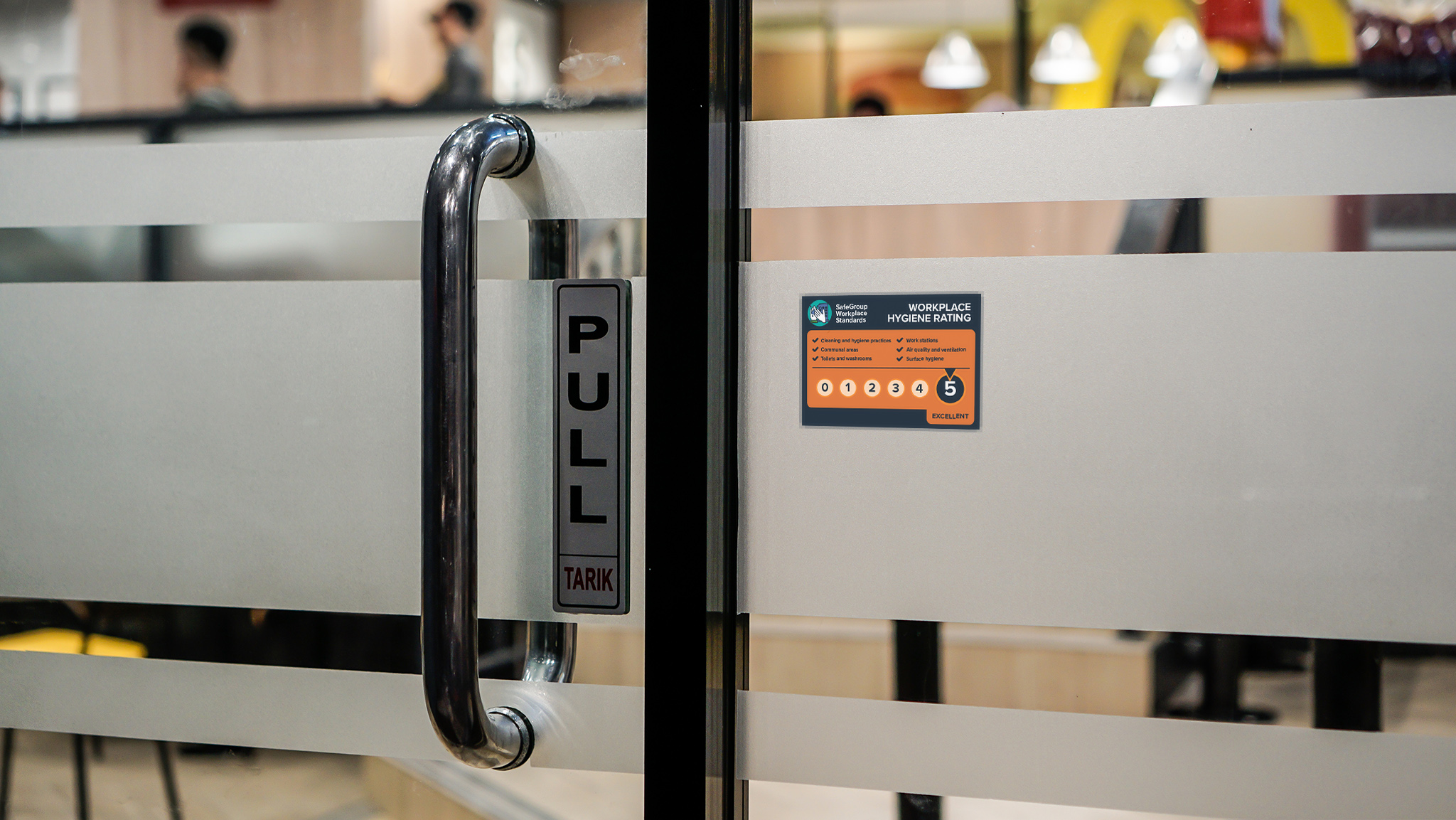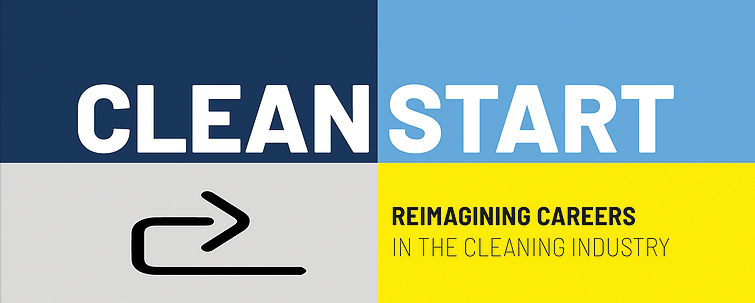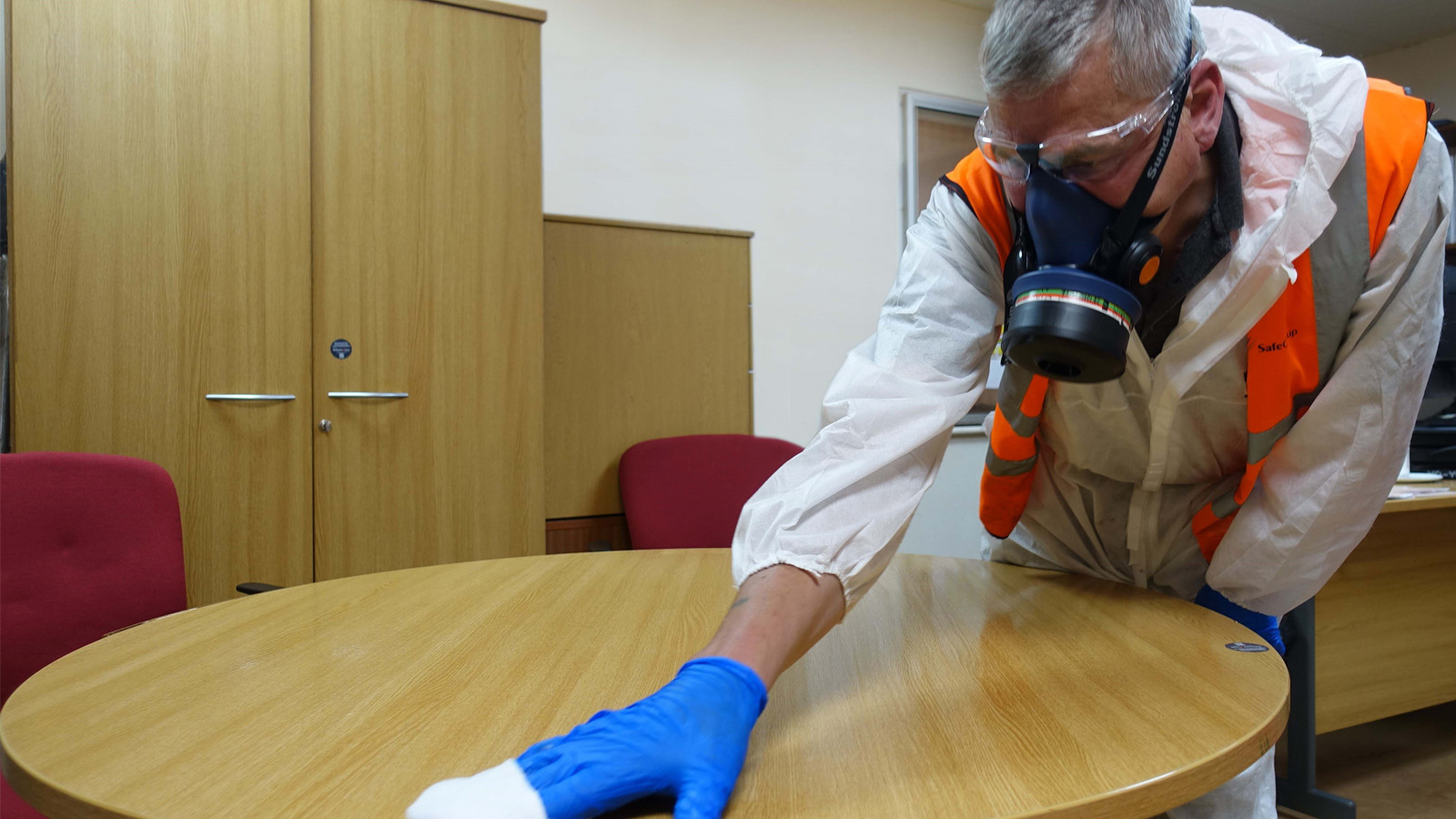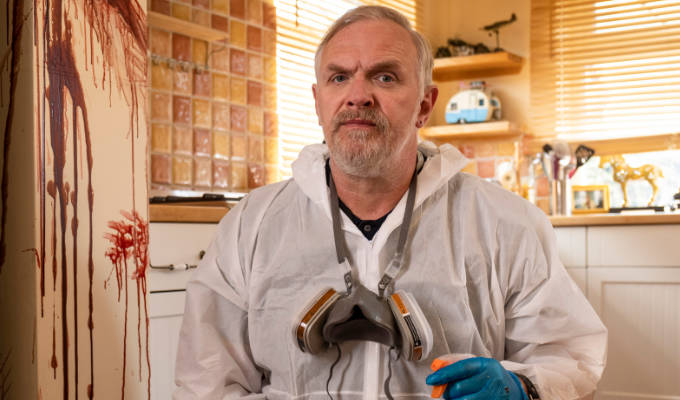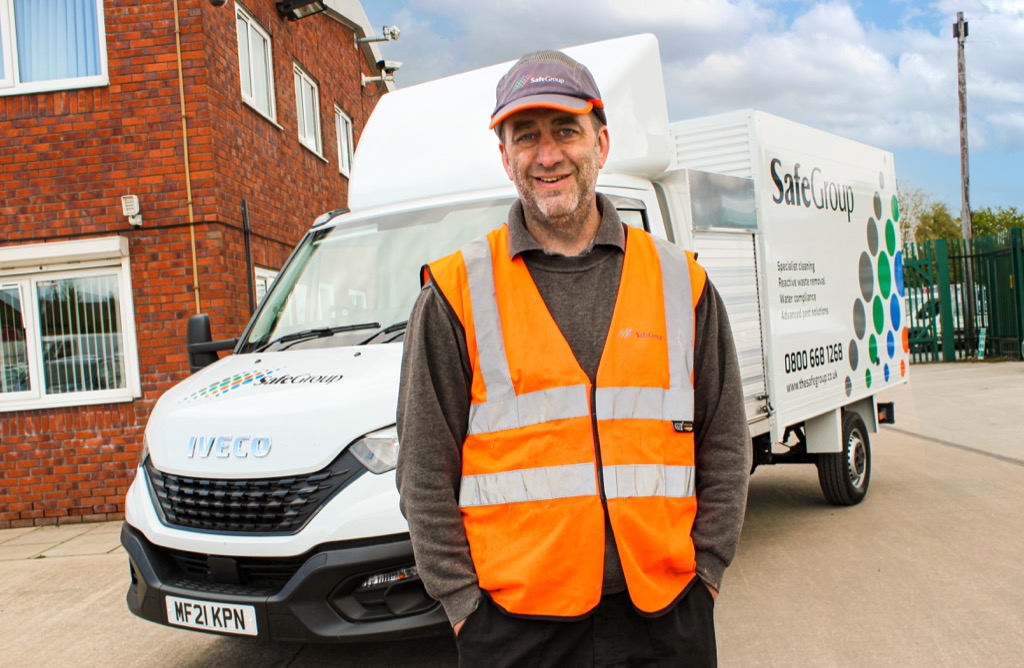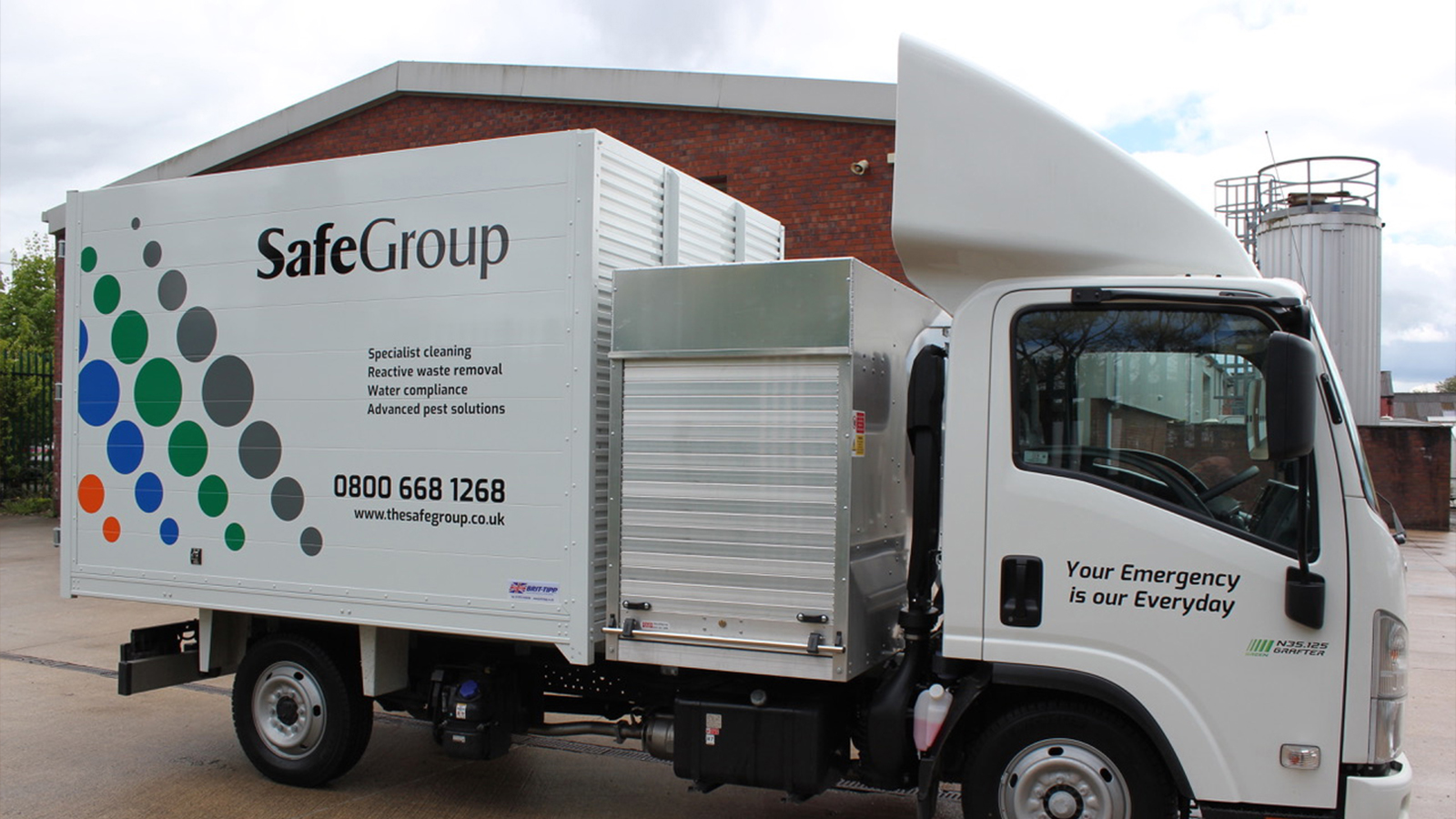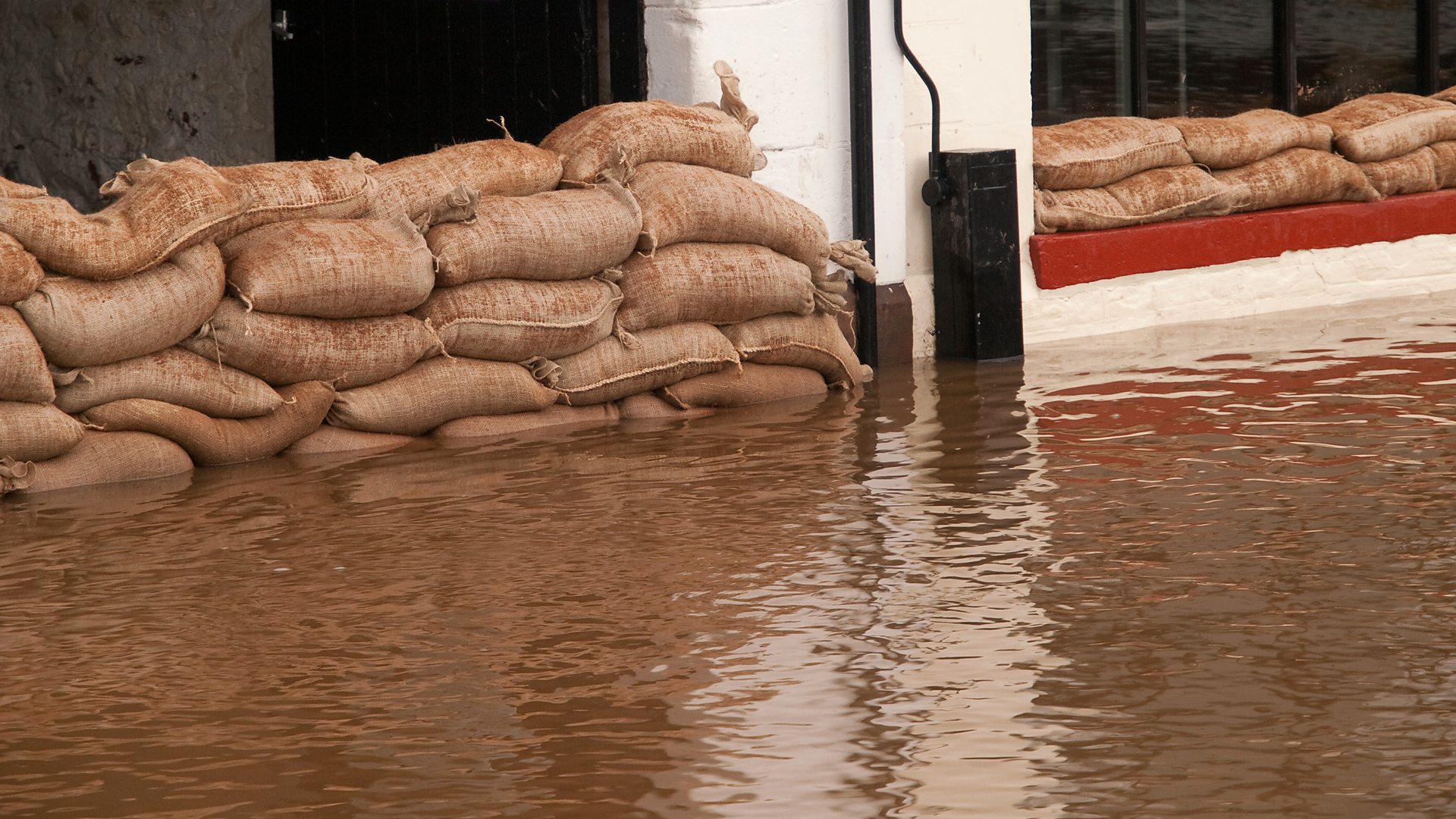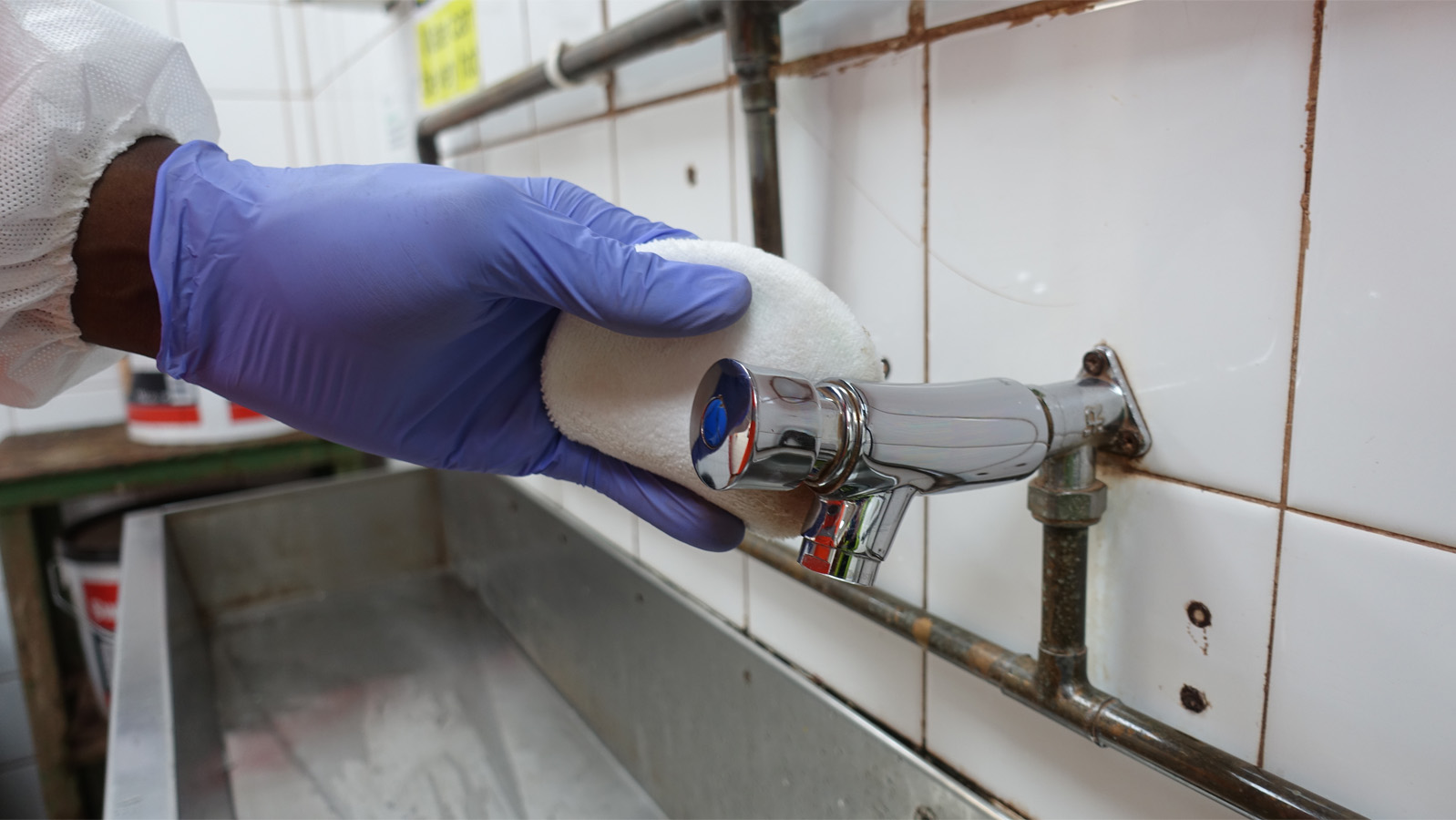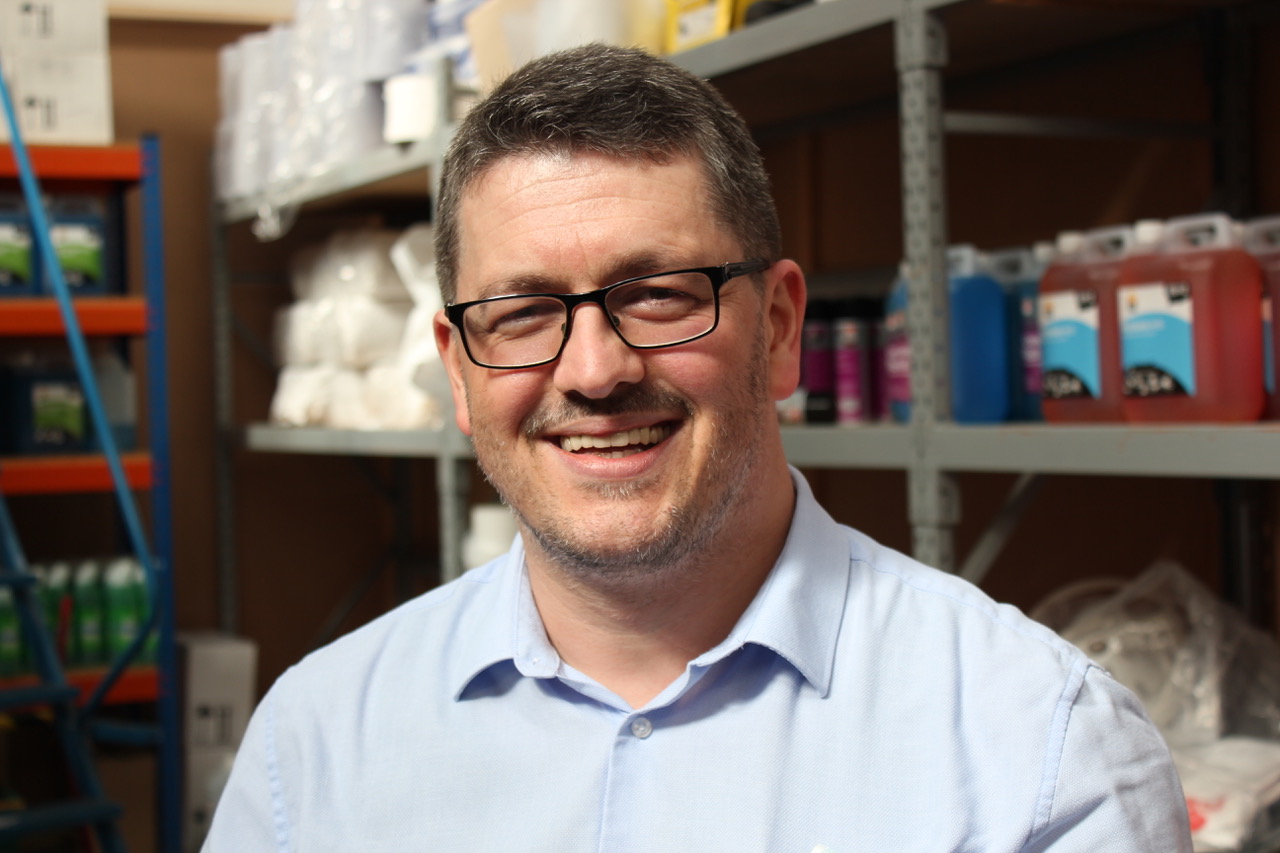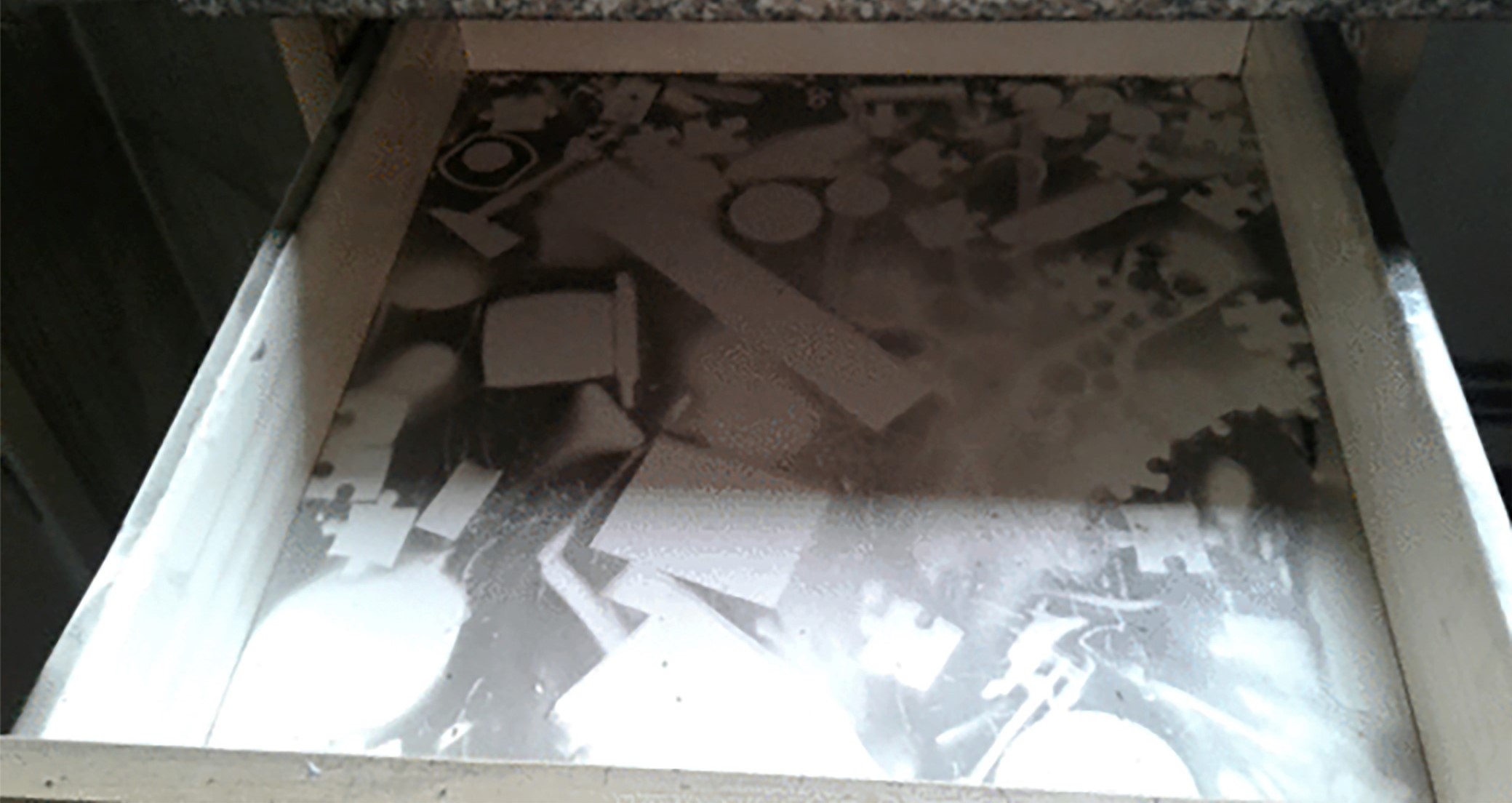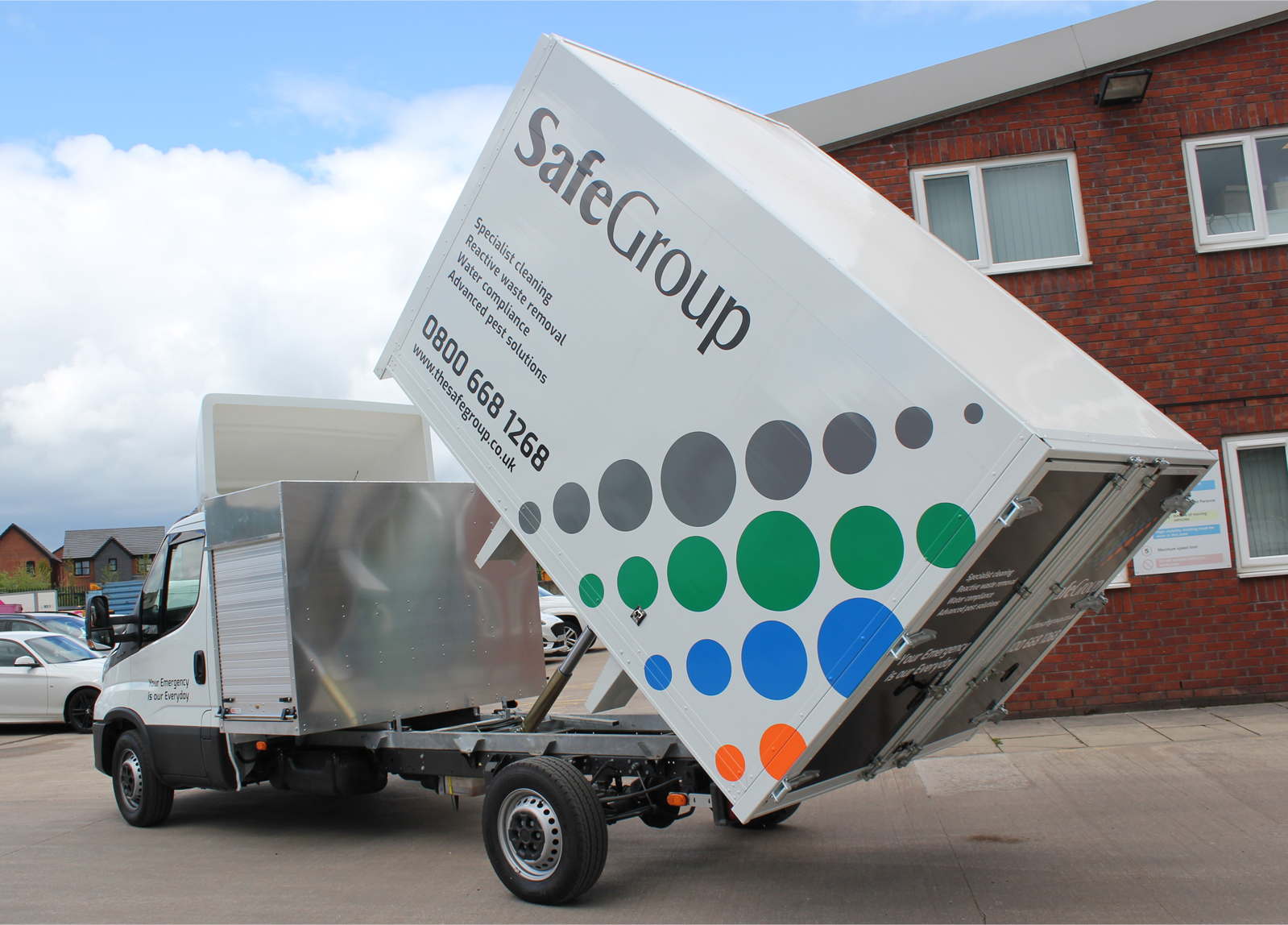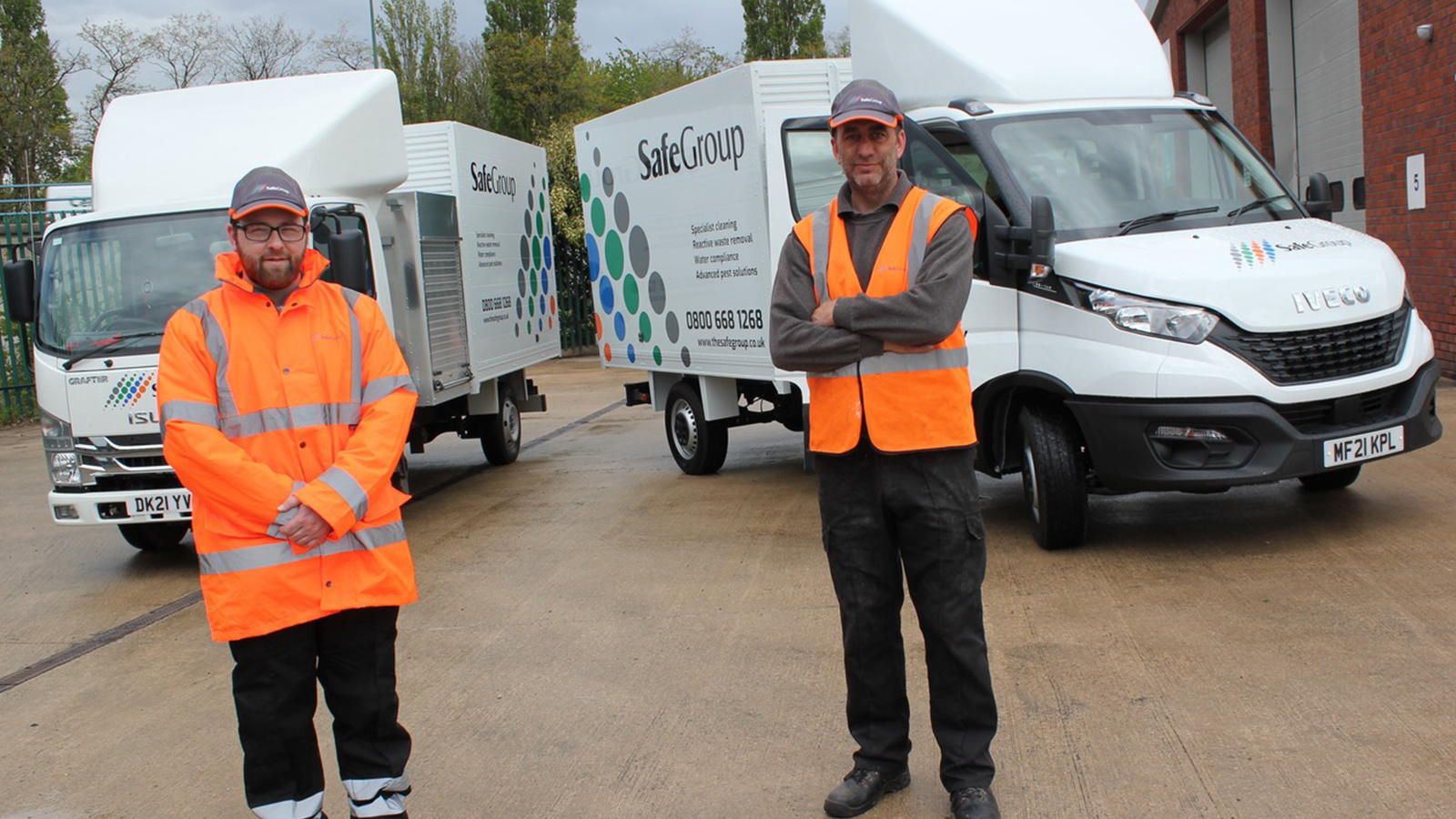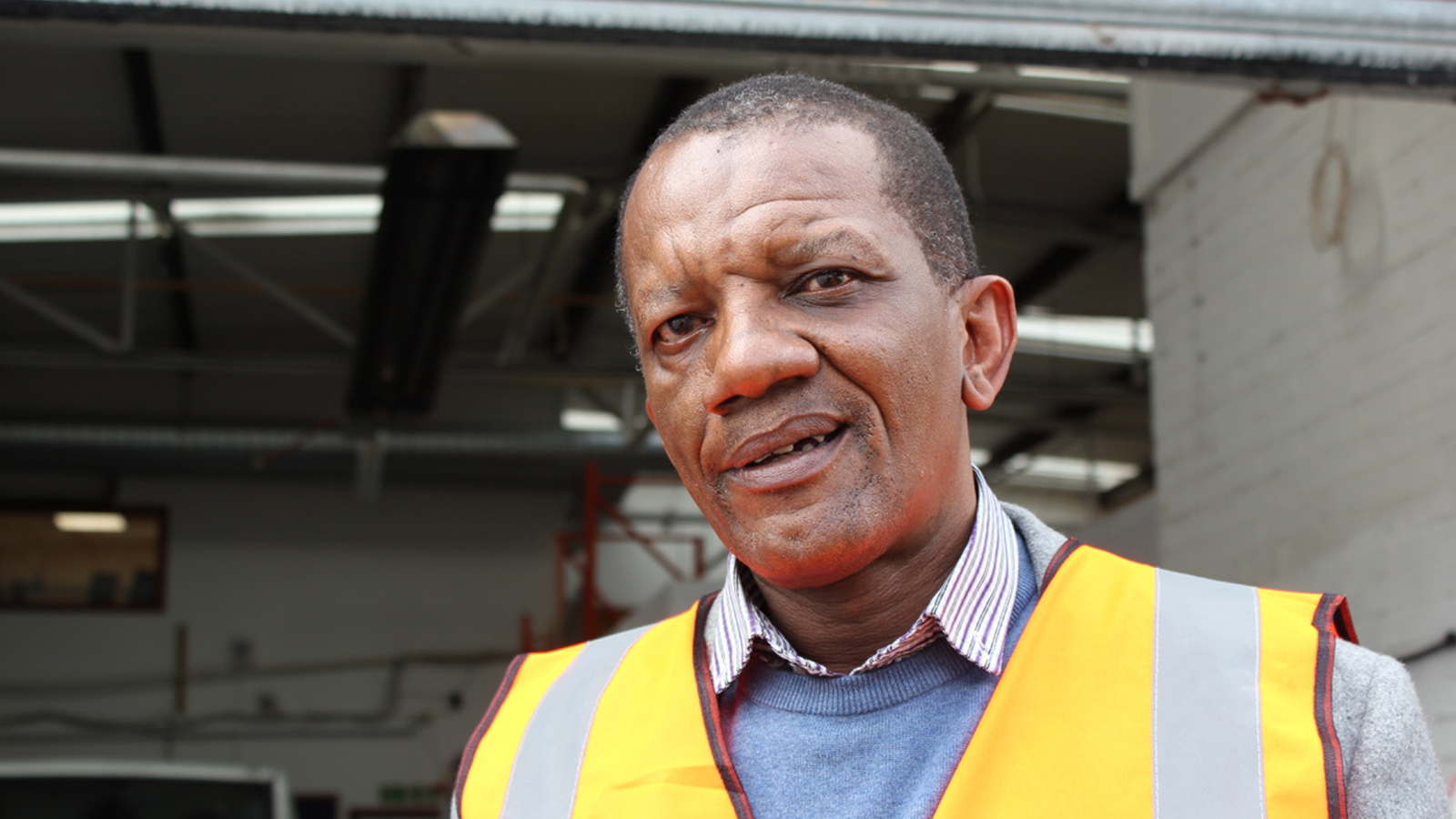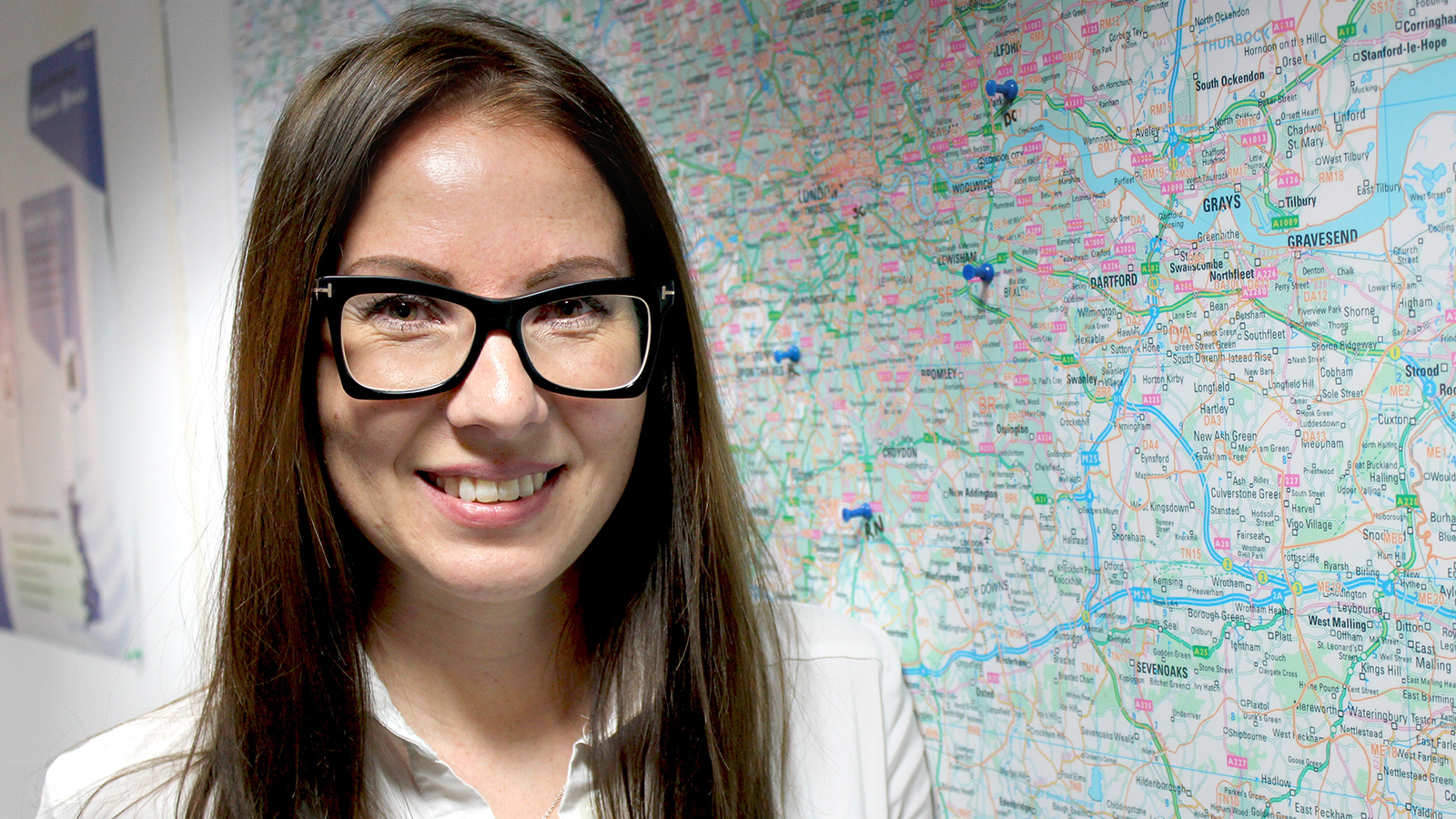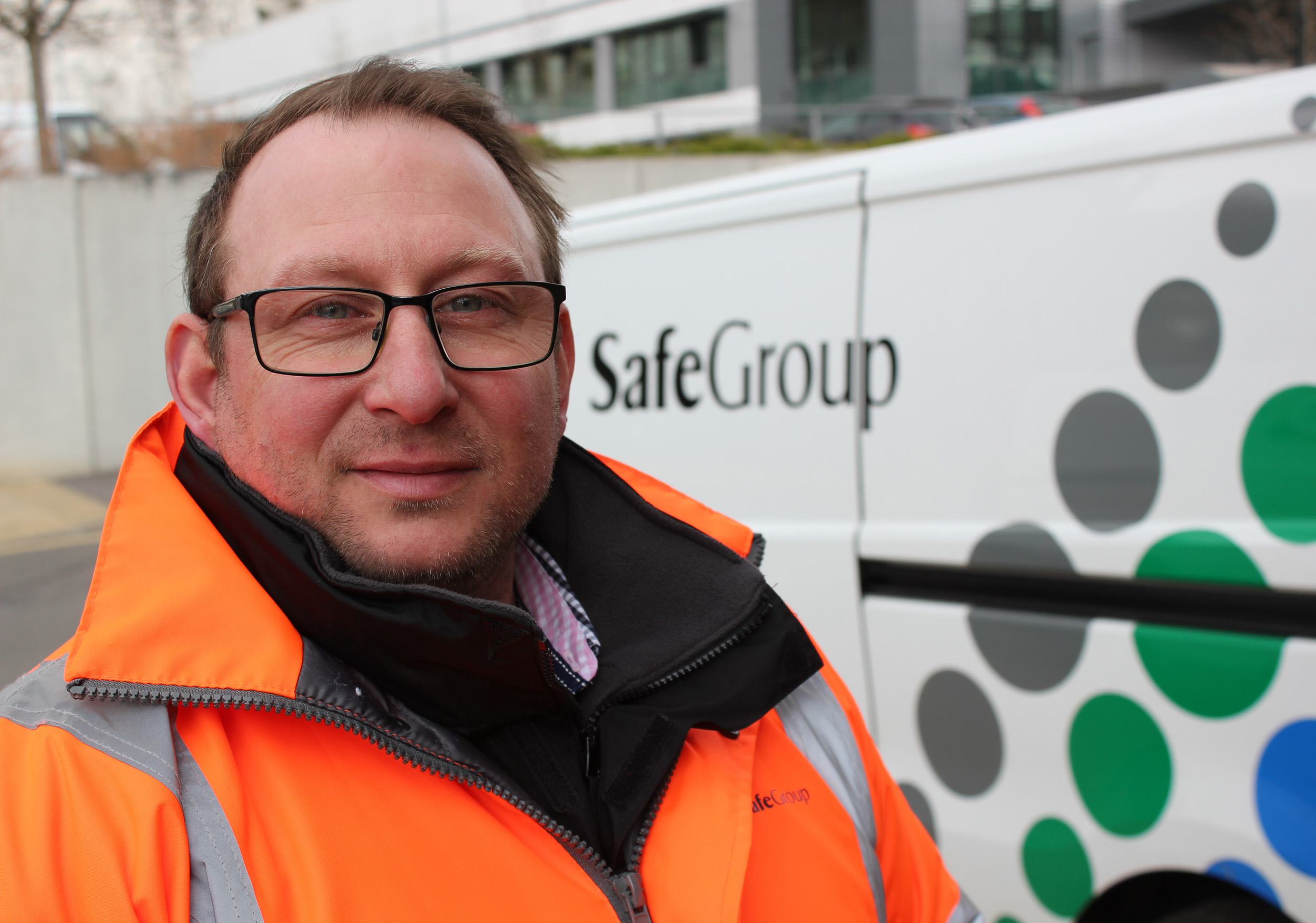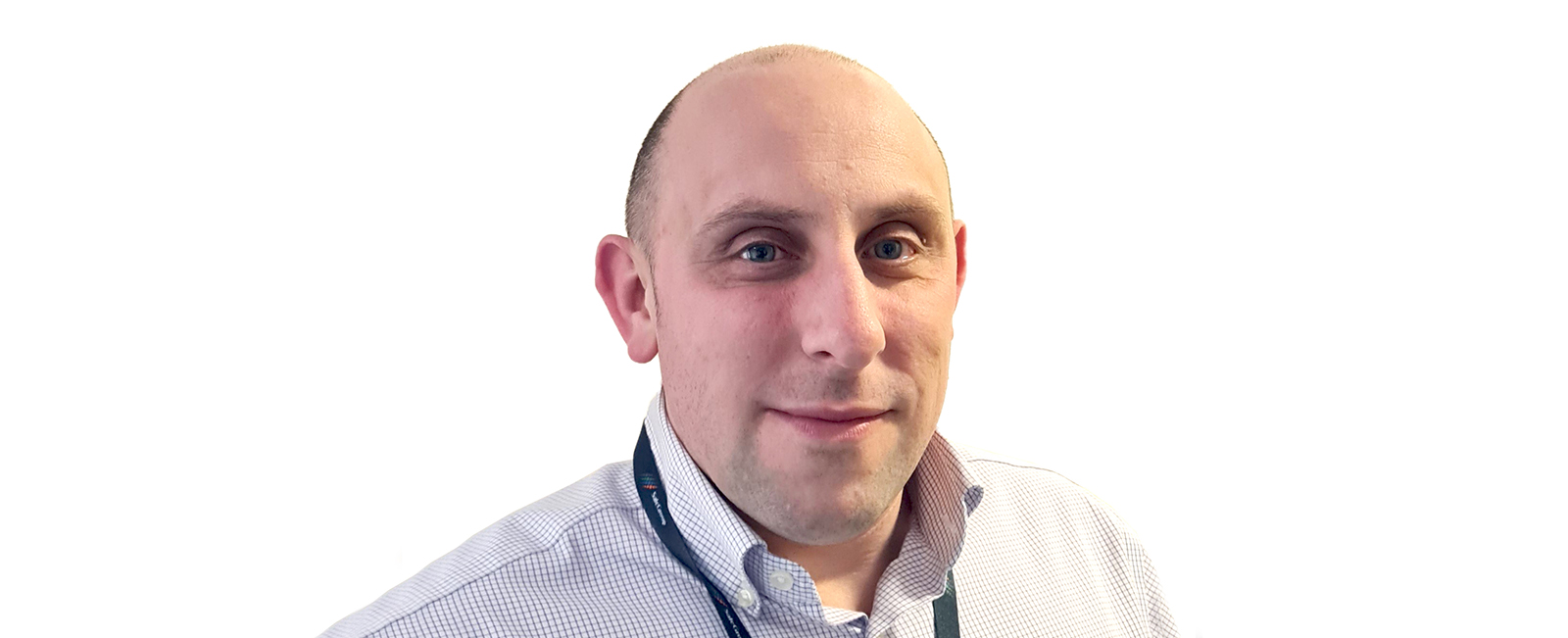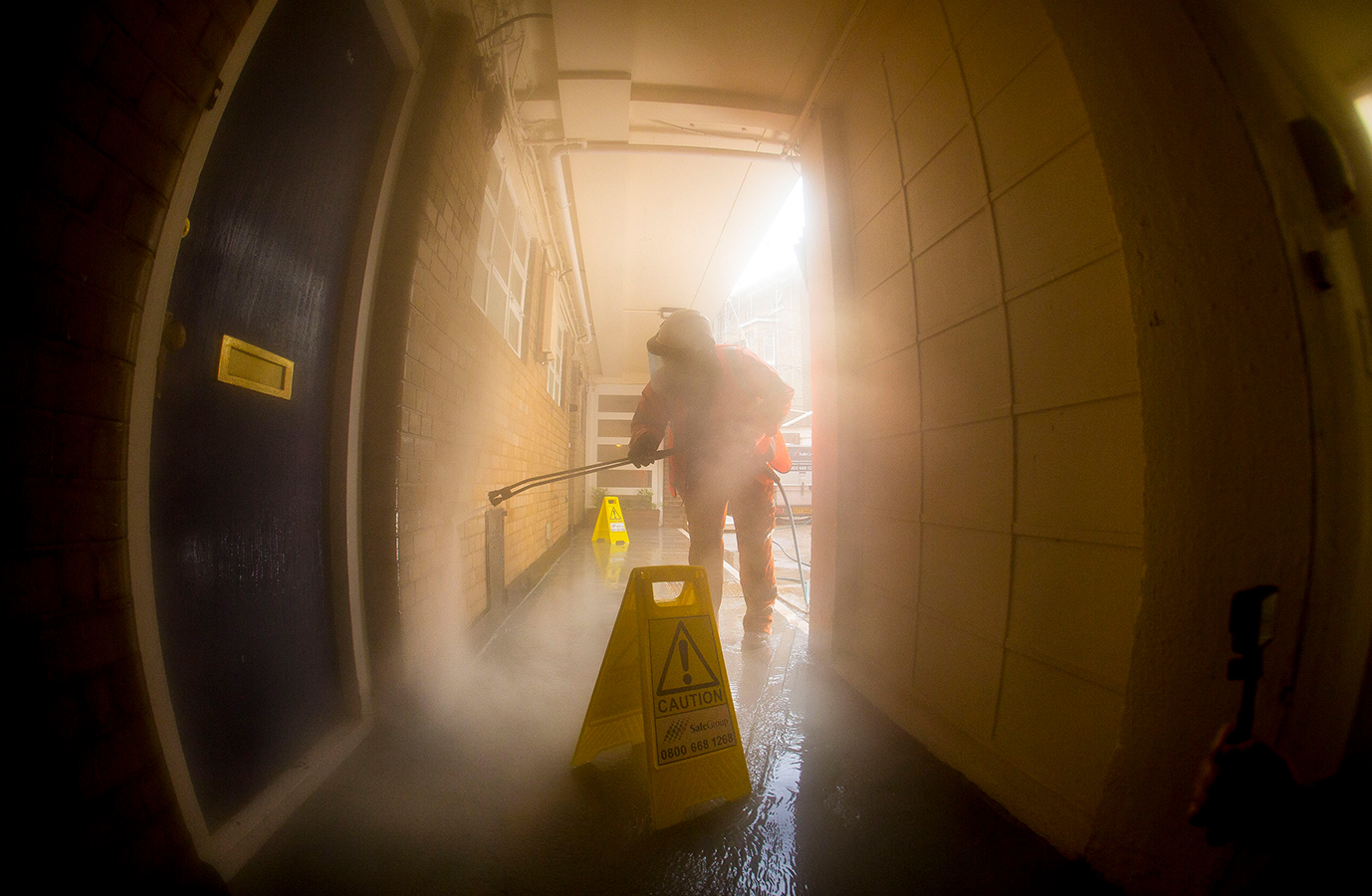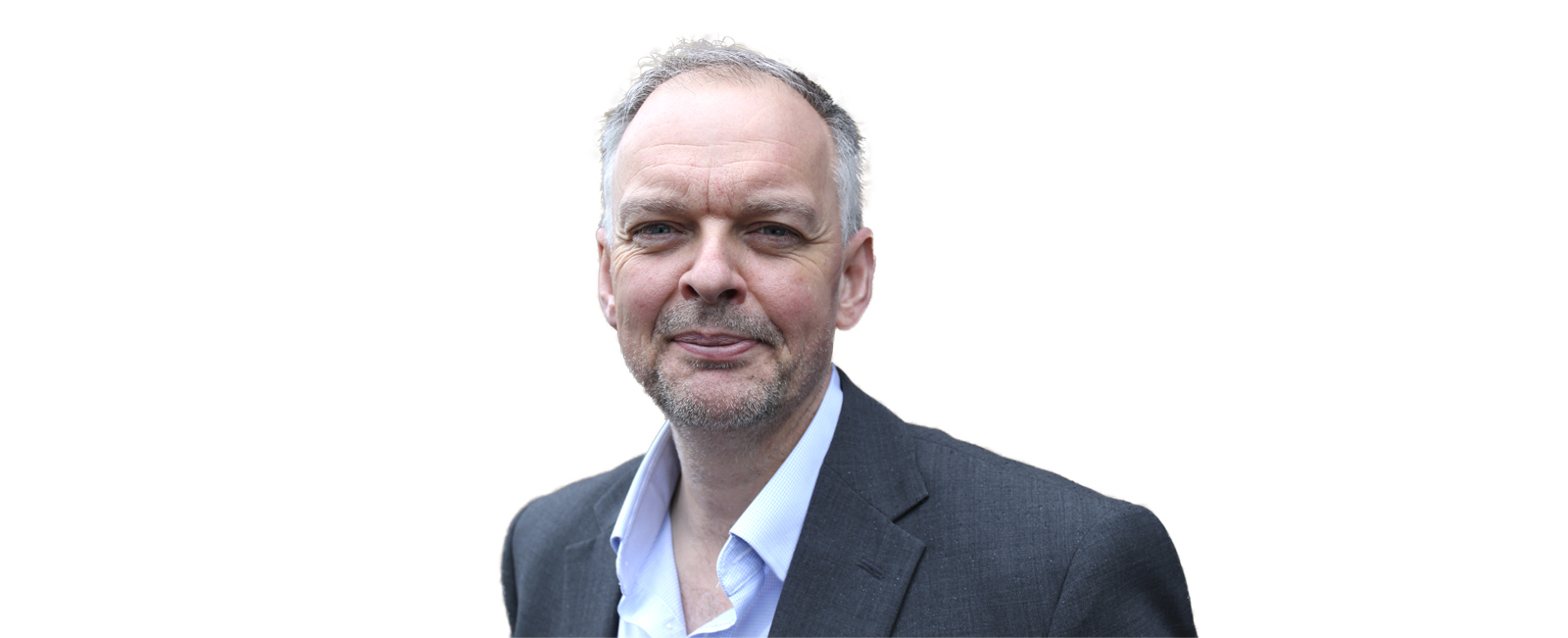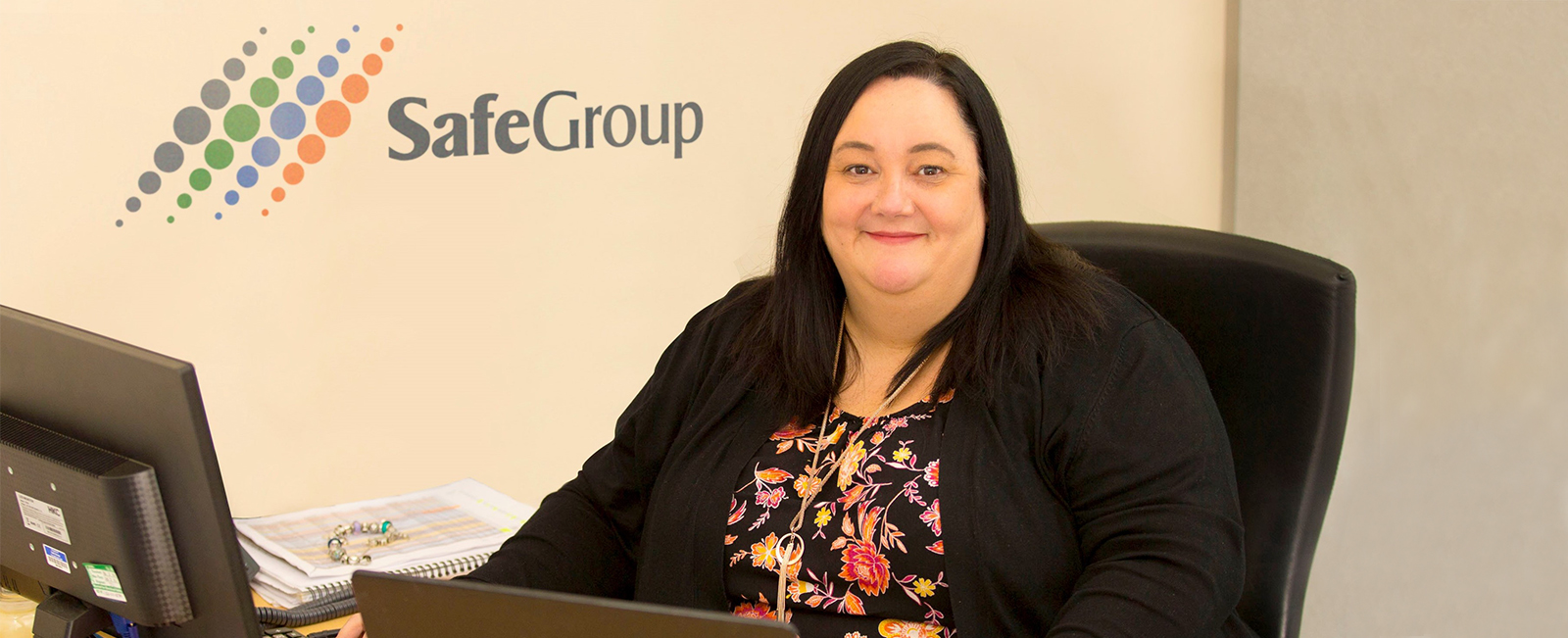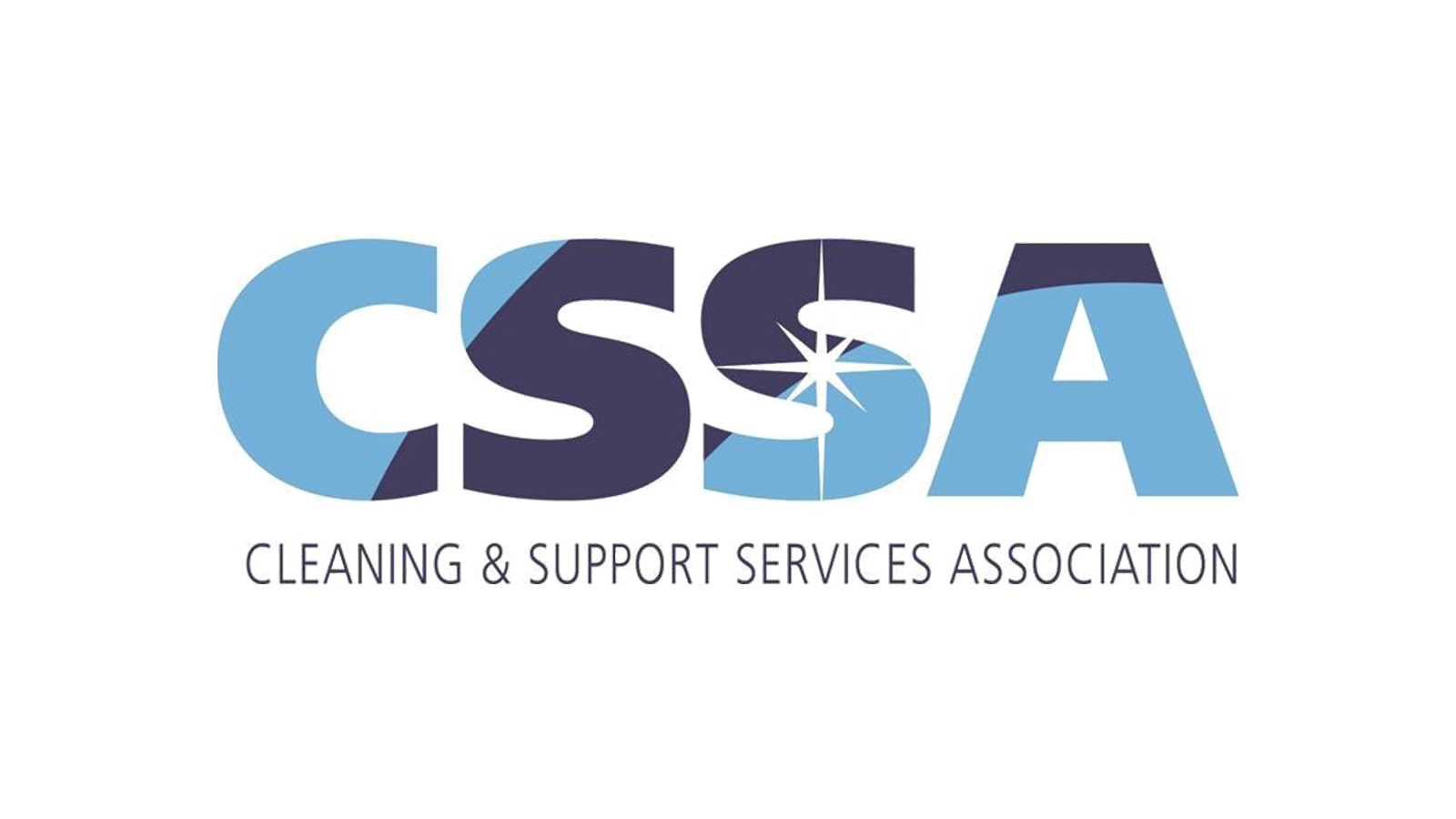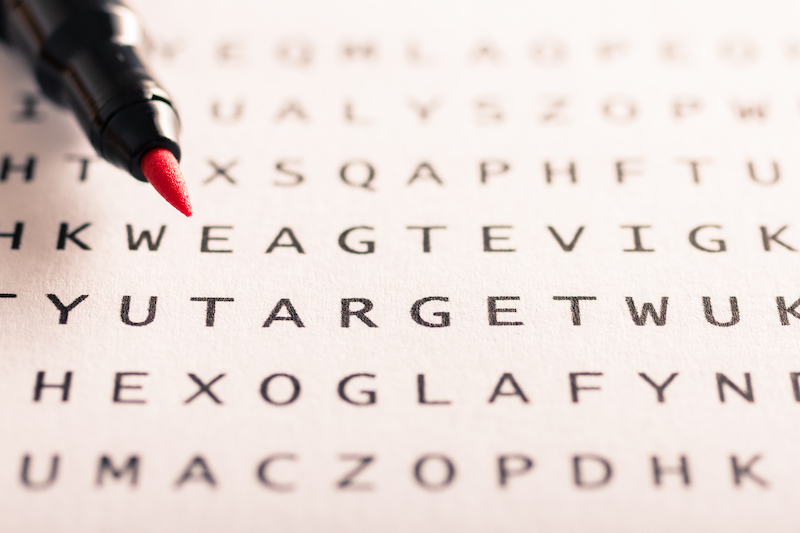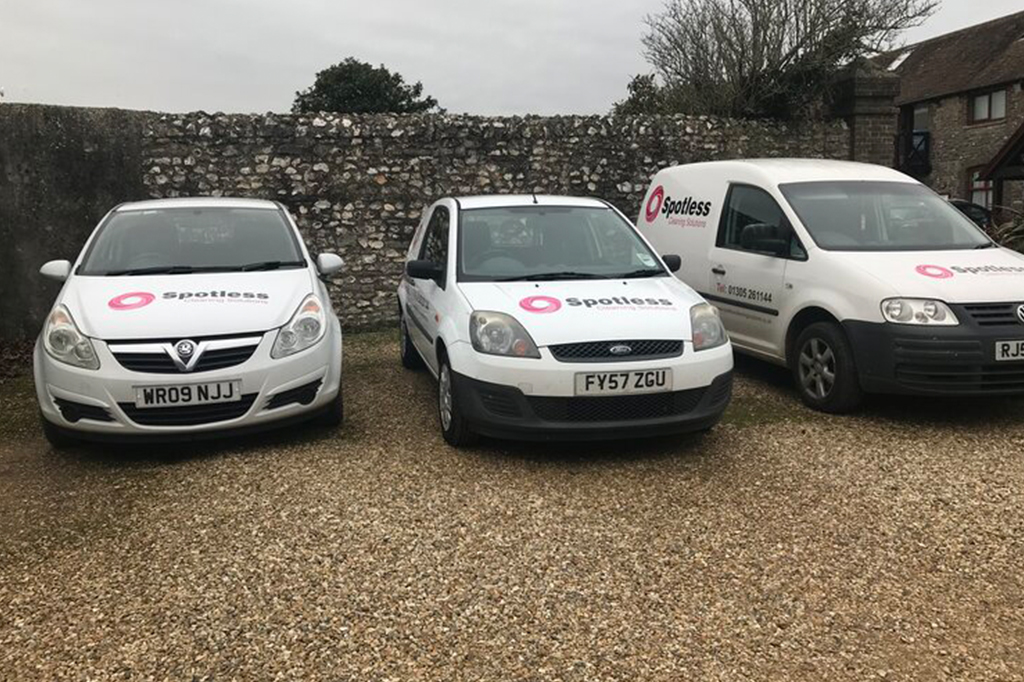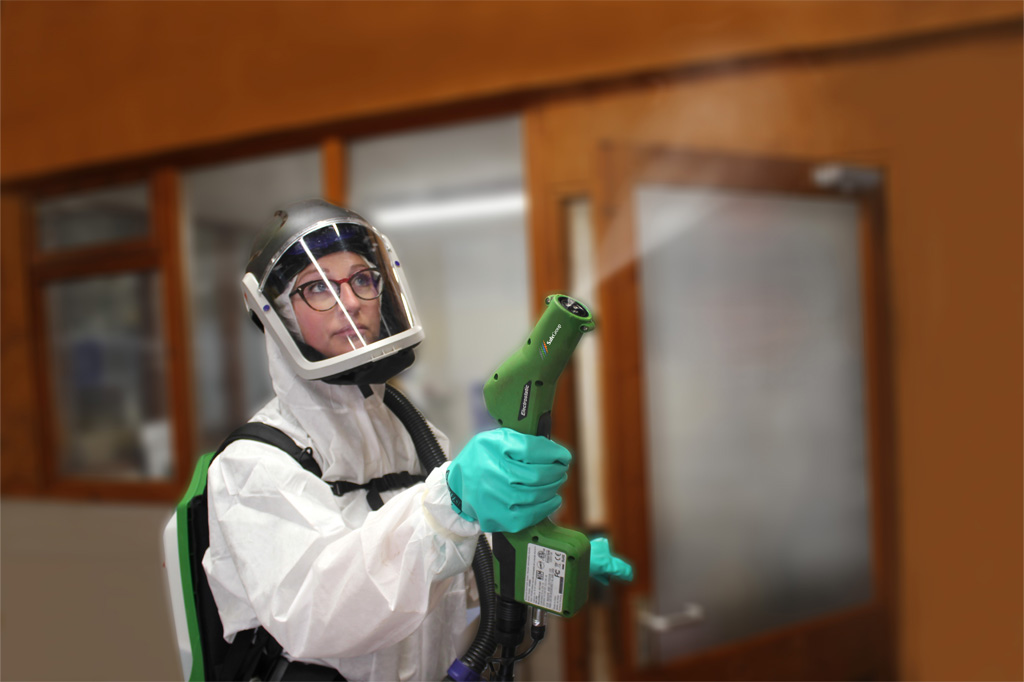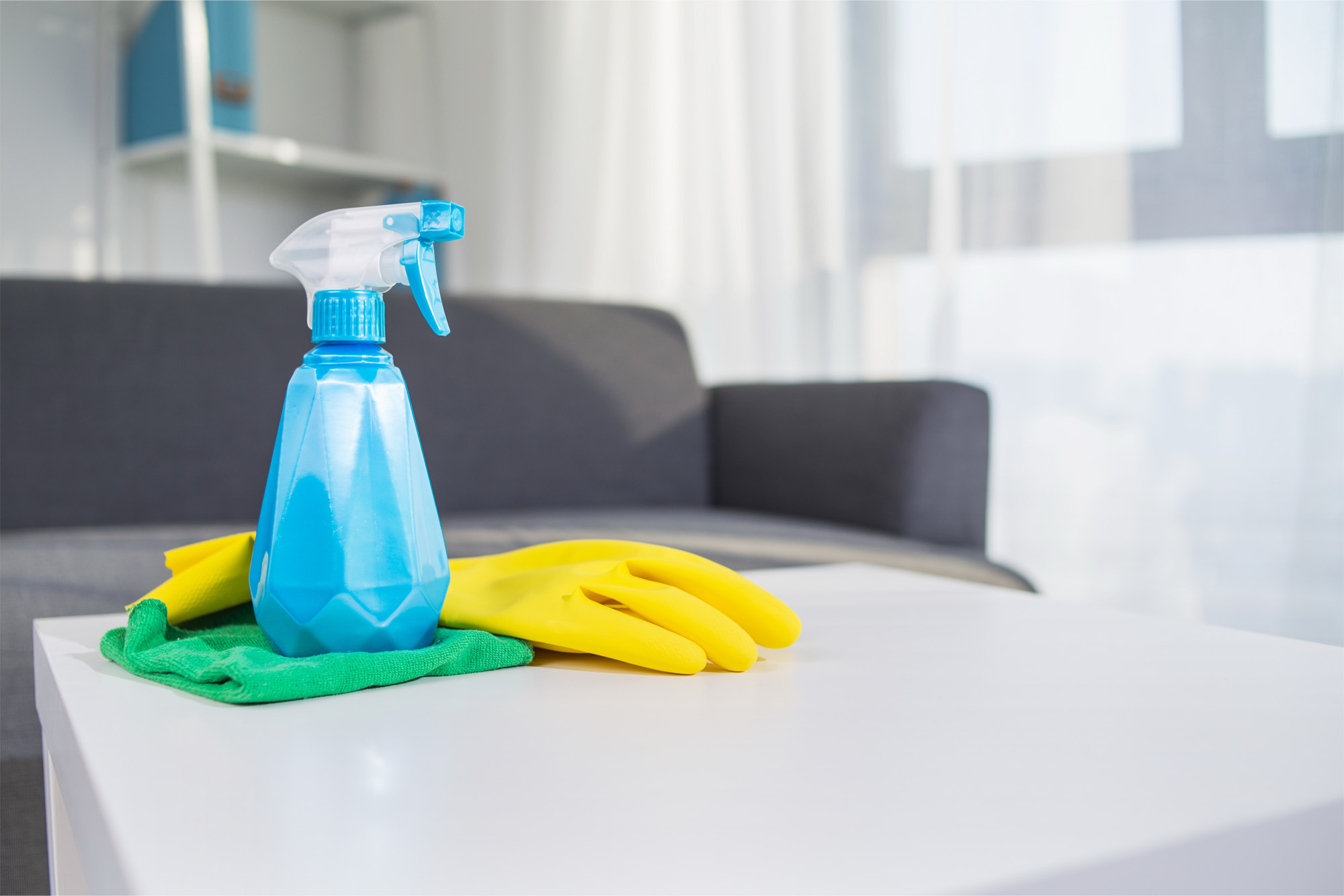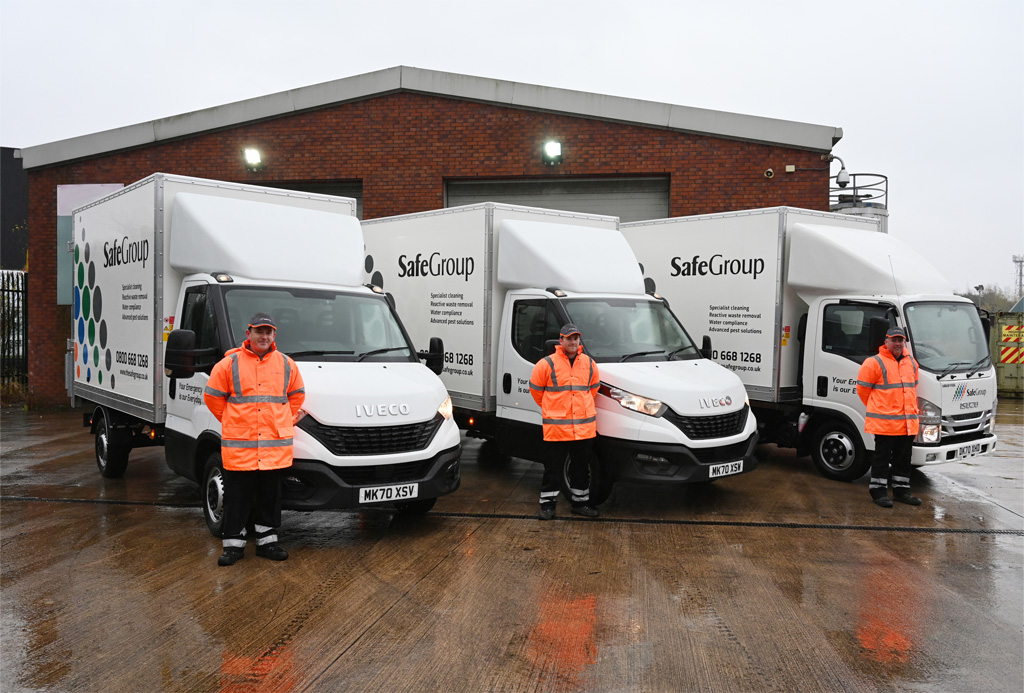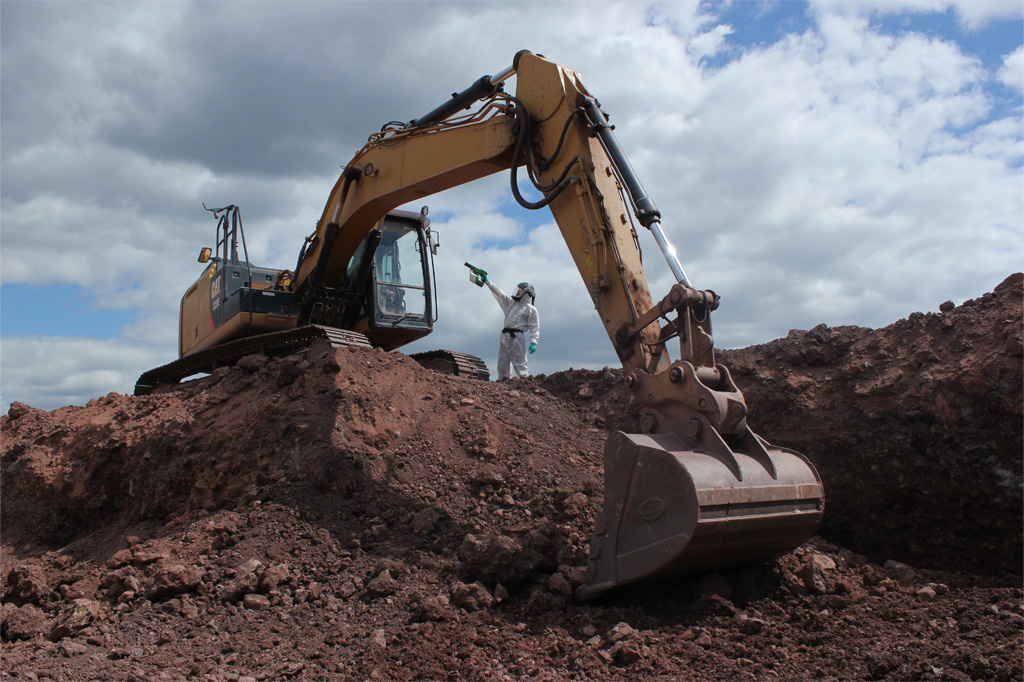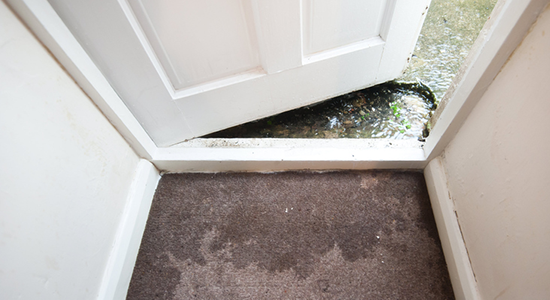Product innovations to counter post-pandemic pathogen risks must be realistic or they will harm the cleaning industry.
Our response to the Coronavirus pandemic is evolving rapidly. After what had seemed months of deep gloom when we wondered if we would ever get out of it, the vaccination programme is supporting what appears to be a clearer path out of the immediate crisis.
The approach to COVID-19 hygiene has also been through rapid development. Perhaps it could be called a revolution. The cleaning industry responded commendably quickly to calls for COVID-19 disinfection help. All the time, operating partly in the dark as we all tried to understand the SARS-COV-2 virus’s characteristics.
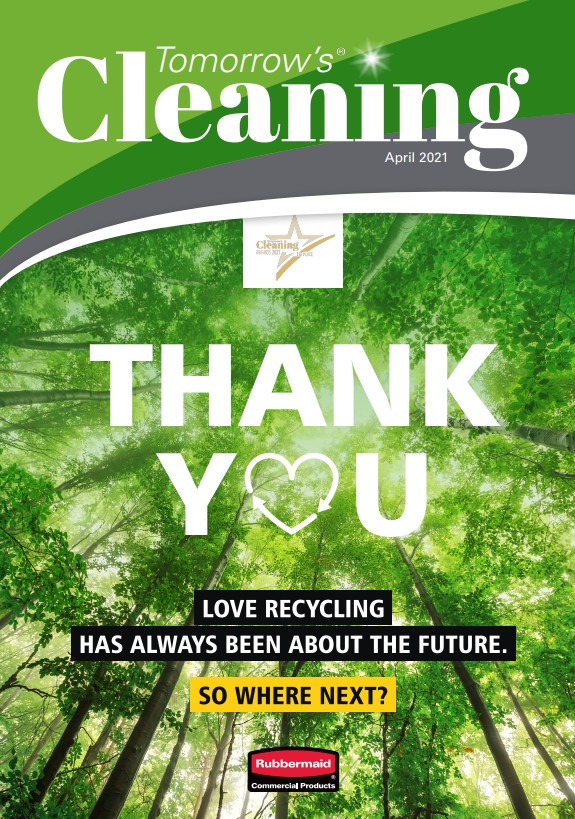
This article first appeared in the April 2021 edition of Tomorrow’s Cleaning
Steep learning curve
Now, as a route out of the pandemic is becoming clearer, the response of the cleaning industry will and must change, spurred by customer needs and behaviour as much as by the science. More on that in a moment.
Over the last 12 months, businesses in the cleaning industry has ridden one of the steepest hygiene learning curves of the last 100 years. My company, SafeGroup, among them. We’ve invested in electrostatic spray systems and ozone equipment, and are investing in new technologies.
We’ve worked with some excellent businesses that want to do the best they can to protect their staff and customers, as well as their commercial interests. We’ve all learned together the importance of reassurance, wellbeing and mental health when considering a response to disease, as well as physical illness.
Complicated cleaning
These investments are not for the short-term. The expertise and capabilities we’ve all developed since this time last year will be needed for years to come. Not just for the next pandemic (planning for that has already started) but because the cleaning and hygiene landscape has already radically changed.
Hygiene has risen close to the top of the agendas of every health and safety manager in the UK. They are rapidly having to learn the concepts and language of microbiology and apply it to the workplace. This is not easy. As a biology graduate who spent many hours in laboratories looking down microscopes, I know the science is complicated and hard to understand, let alone apply.
This is happening as concerns about harmful pathogens are set to broaden. Organisations that have obsessed about COVID-19 for months will naturally want to refocus on a better future. But we can’t wind back the clock, not least because COVID-19 is likely to be with us for years.
Happier and safer
Also, employees and customers need to be happy to return to safer workplaces and buying spaces. Then we need to address both the physical and wellbeing risks associated with a wider range of pathogens.
Technologies like test and trace are opening up new opportunities for employers to put in place new procedures to guard against bacteria and viruses – bugs – that cause waves of illness that contribute to costly sickness and absence.
There is a place, then, for products that support and enhance current cleaning and environmental hygiene strategies. These products are already emerging in the market. Some look more sensible than others. The cleaning industry must not fall into the trap of overpromising and underdelivering, denting confidence in expertise and know-how.
Sustainable hygiene
A good product should complement and work with current practices – notably hygienic touchpoint cleaning and hand hygiene, not promise to supplant them. It should be highly cost-effective, long-term, easy and quick to apply and based on trusted, proven and measurable science.
This is critical because a key benefit is the wellbeing and reassurance it gives to staff and customers. It should also be sustainable and scalable.
New hygiene products that pass these tests have a chance of succeeding in the post pandemic world. Neither will technologies stand still. By the time the next pandemic comes along, we should be better prepared, with capabilities probably yet to be imagined.
Or we might just ignore the risk, again. Let’s hope not.

